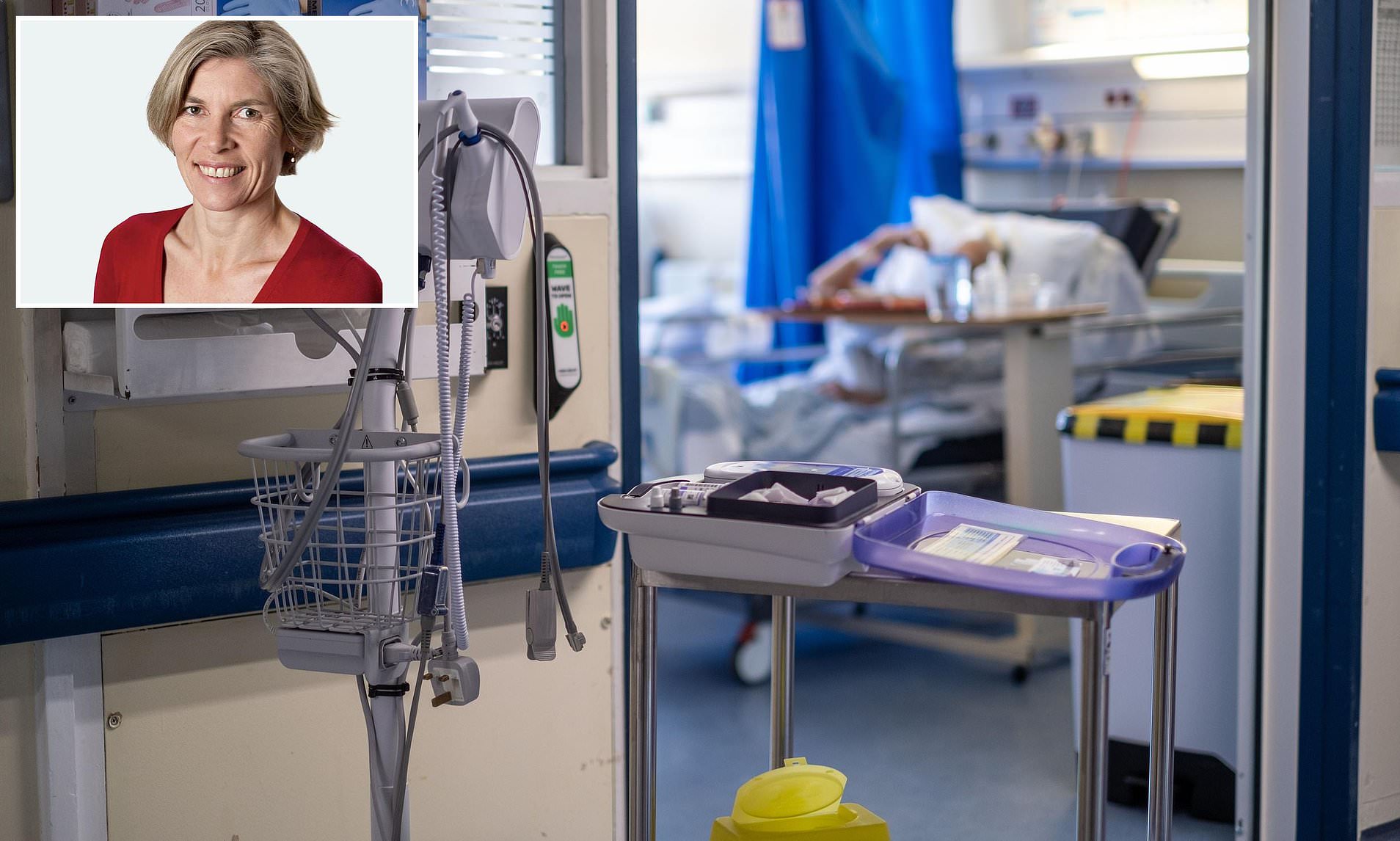A Call for Change in the NHS
The new leader of NHS England has openly criticized the bureaucratic inefficiencies within the healthcare system, describing them as something that “just makes you want to cry.” Dr. Penny Dash, a former hospital doctor, senior manager, and director within the NHS, has highlighted what she sees as poor management of resources across the country’s hospitals.
She pointed out the inconsistency in patient care across different regions, calling it “a stain on our country.” This issue has been a long-standing concern, with some areas providing significantly better care than others. For instance, Dr. Dash noted that in certain GP practices, less than 2% of patients with diabetes receive the appropriate care, while in others, the figure is as high as 80%. Such disparities are unacceptable and reflect deeper systemic issues.
Dr. Dash took over as chairwoman of NHS England earlier this year, following Labour’s decision to abolish the quango and reintegrate it into the Department of Health and Social Care. She expressed her passion for improving the quality of care, stating that from her earliest days as a medical student, she noticed variations in the care people received.
She emphasized the need for better resource allocation, pointing out that there are fewer GPs per head of population in the areas that need them most. This imbalance exacerbates the challenges faced by communities already struggling with limited access to healthcare services.
In addition to addressing these structural issues, Dr. Dash has called for greater transparency within the NHS. She mentioned that the organization collects more data on the quality of care than any other country but fails to make it easily accessible to the public. “Let’s use it, let’s get it out there,” she said, stressing the importance of making information available to those who need it most.
Administrative chaos has also been a significant problem within the NHS. A report by The King’s Fund and Healthwatch highlighted several examples of mismanagement, including a patient receiving a text for an appointment on the 99th of January and a deaf patient getting repeated phone calls. Others received letters after their appointment dates had passed. These incidents have left Dr. Dash deeply affected, saying, “You just want to cry.”
She also pointed to the inefficient use of medical equipment, such as scanners. Even when fully staffed and ready to operate, these machines are not used to their full potential. Dr. Dash suggested that the NHS could perform at least 20% more scans during regular hours and even more if they extended their operating hours.
Prime Minister Sir Keir Starmer recently launched the Government’s “10 Year Health Plan” for the NHS, aiming to bring care closer to people’s homes and reduce reliance on hospitals and A&E. The plan includes several key reforms, such as enhancing the NHS app to give patients more control over their care, opening new neighborhood health centers six days a week, and introducing new laws on food and alcohol to prevent ill health.
These changes represent a significant shift in how healthcare is delivered, focusing on prevention and community-based care. However, they also require careful planning and execution to ensure that the NHS can meet the demands of its patients effectively. With continued focus on transparency, efficiency, and equitable access to care, the NHS has the potential to become a model of excellence in healthcare delivery.







